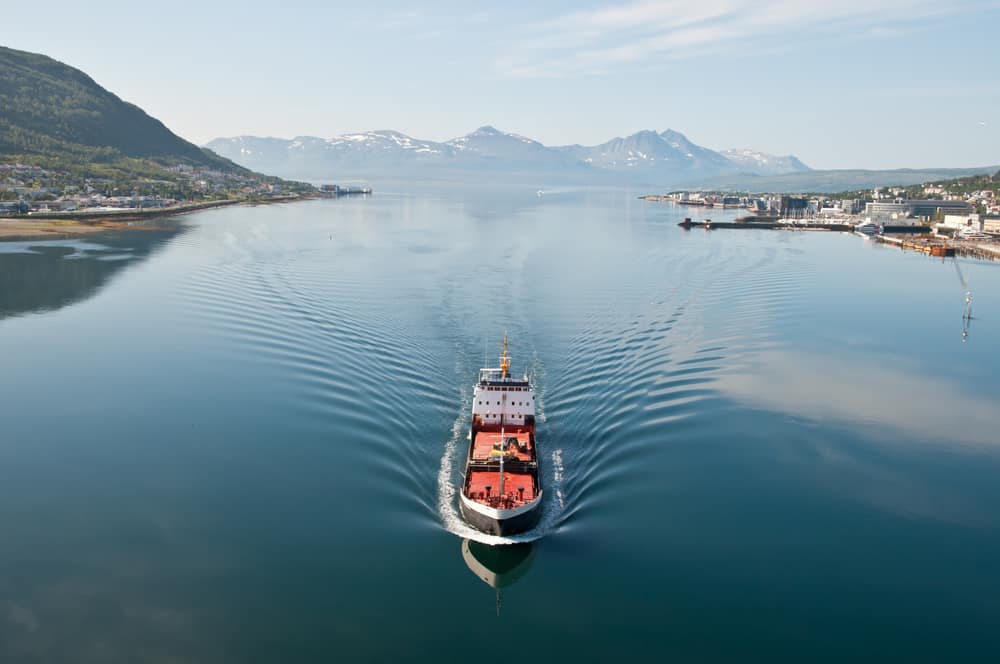The City Council of Manacor has recently been at the center of a highly controversial measure, particularly among boaters: the complete closure of all coves in the municipality to navigation. This decision, presented as an effort to improve swimmer safety and combat alleged coastal overcrowding, nevertheless represents an unprecedented blow to the nautical sector of the Balearic Islands. This is expressed in a statement by the Mediterranean Boaters Association (ADN).
According to official data from rescue and lifeguard services for 2023, a total of 1,291 water rescues were recorded, a 28% increase compared to 2022. Of these, 902 were related to swimmers’ lack of awareness of their surroundings: 402 due to sea currents, 339 due to strong waves, and 161 due to straying too far from the shore. Thirty-six of these cases resulted in fatalities. In contrast, since 2019, only three deaths caused by motorboat propellers have been documented, all occurring outside marked swimming areas. Adding to this is a particularly relevant statistic: 80% of drownings in the Balearics occur in areas without lifeguard supervision, where nearby boats are often the only available rescue resource. These same boats, in properly marked areas, have never posed a direct risk to swimmers.
ADN also argues that the overcrowding justification does not hold. The only local administration with real-time monitoring systems is the Calvià City Council, which, through an intelligent monitoring system at six of its beaches, has shown that average occupancy in June did not exceed 20% of permitted capacity. Even in beaches like Magaluf, on peak days, the figure did not surpass 23%. These figures dismantle the narrative of a supposed “generalized overcrowding” of our coasts and highlight the need for decisions based on real data, not perceptions or isolated pressures.
Moreover, the ban on maritime access in Manacor could have the opposite effect of what was intended: increasing private vehicle use, with the resulting environmental impact, on mobility, and on accessibility to coves and beaches. All this without mentioning the collateral damage to recreational boating and a local, family-oriented, and environmentally respectful user profile, ADN states.
Thus, the association believes that if the goal were truly to improve safety, the council should focus on strengthening lifeguard services—especially in currently unprotected coves—and on designing intelligent buoy systems to prevent swimmers from straying dangerously far from shore. Instead, everything points to a unilateral action that criminalizes boaters and fails to reconcile safety with orderly and sustainable coastal access.
Given this situation, ADN urges the Ministry of Sea and Water Cycle to intervene and include clear regulations on buoy systems in its future comprehensive coastal management law, harmonizing swimmer protection with the free movement of responsible vessels.





